31% of Medical Aesthetics Practitioners not Doctors, Dentists or Nurses
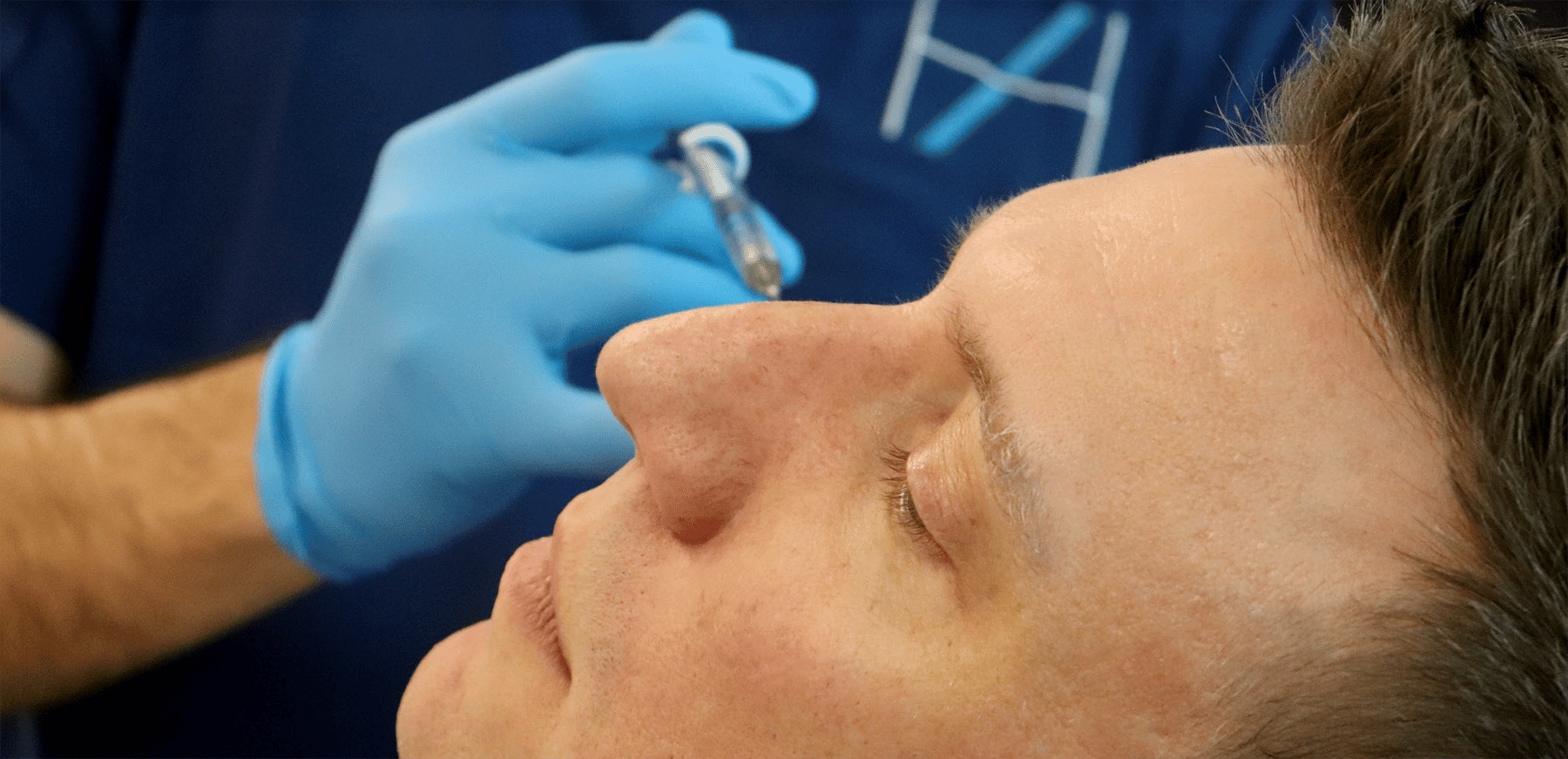
New research from University College London (UCL) has found that 31% of UK aesthetics practitioners are not doctors, dentists or nurses.
The data from this study, published in the Journal of Plastic, Reconstructive & Aesthetic Surgery on 23 July 2023.
It found that 69% of UK healthcare practitioners offering injectables such as botox and dermal fillers, are doctors, dentists or nurses. The rest were made up of professions such as dental nurses and aestheticians.
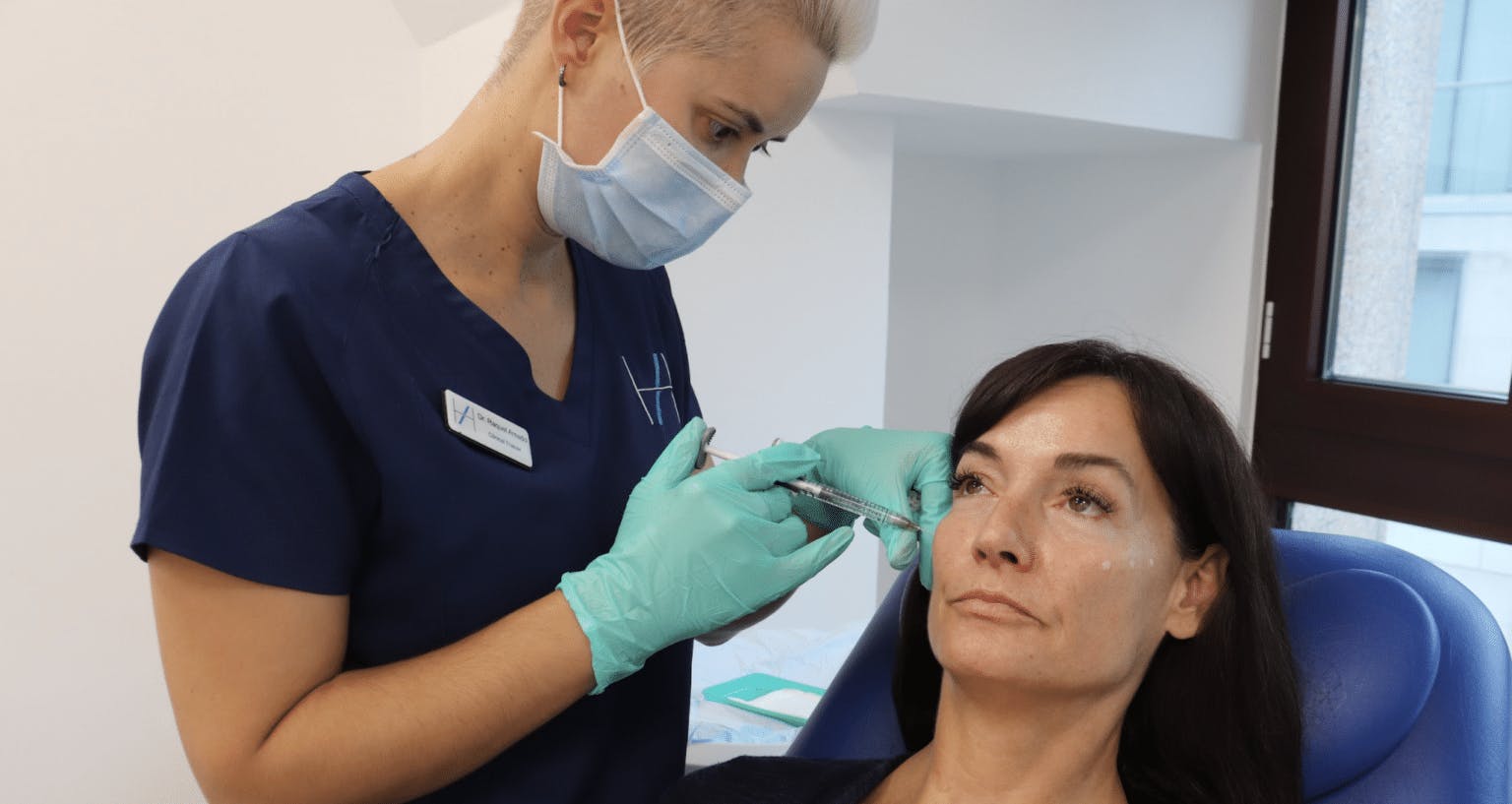
What the research says about UK medical aesthetics practitioners
This study was designed to explore the backgrounds of healthcare practitioners in the UK offering injectables. It is the first of its kind and was deemed necessary in order to determine any patient safety concerns due to a lack of appropriate training.
UCL researchers found this information by performing a systematic search using Google. The practitioners they found were then cross-referenced with professional regulatory bodies.
The team note that, “A total of 3,000 websites were visited and evaluated. 1,224 independent clinics with 4,405 practitioners were identified. 738 were identified as those in business support functions and the remaining 3,667 practitioners were undertaking injectable practice. The profile of professions were doctors 32%, nurses 13%, dentists 24% and dental nurses 8%. Of the 1,163 doctors identified 481 were on the specialist register (41%) and 219 were on the GP register (19%). 27 specialties were represented in this cohort analysis. Plastic Surgery formed the majority of those who were on the specialist register at 37%, followed by Dermatology at 18%.”
Study co-author, Professor Julie Davies of the UCL School Global Business School for Health, stated, “The UK cosmetic injectables industry has expanded rapidly in recent years. This has happened largely without scrutiny or oversight. Our findings should be a wake-up call for legislators to implement effective regulation and professional standards to safeguard patients from complications. Although the risks associated with injections are often mild and temporary, the physical complications can be permanent and debilitating. There are also serious psychological, emotional, and financial consequences for patients when procedures go wrong.”
You can read the full research on the JPRAS website, which offers two clear takeaways for medical aesthetics practitioners…
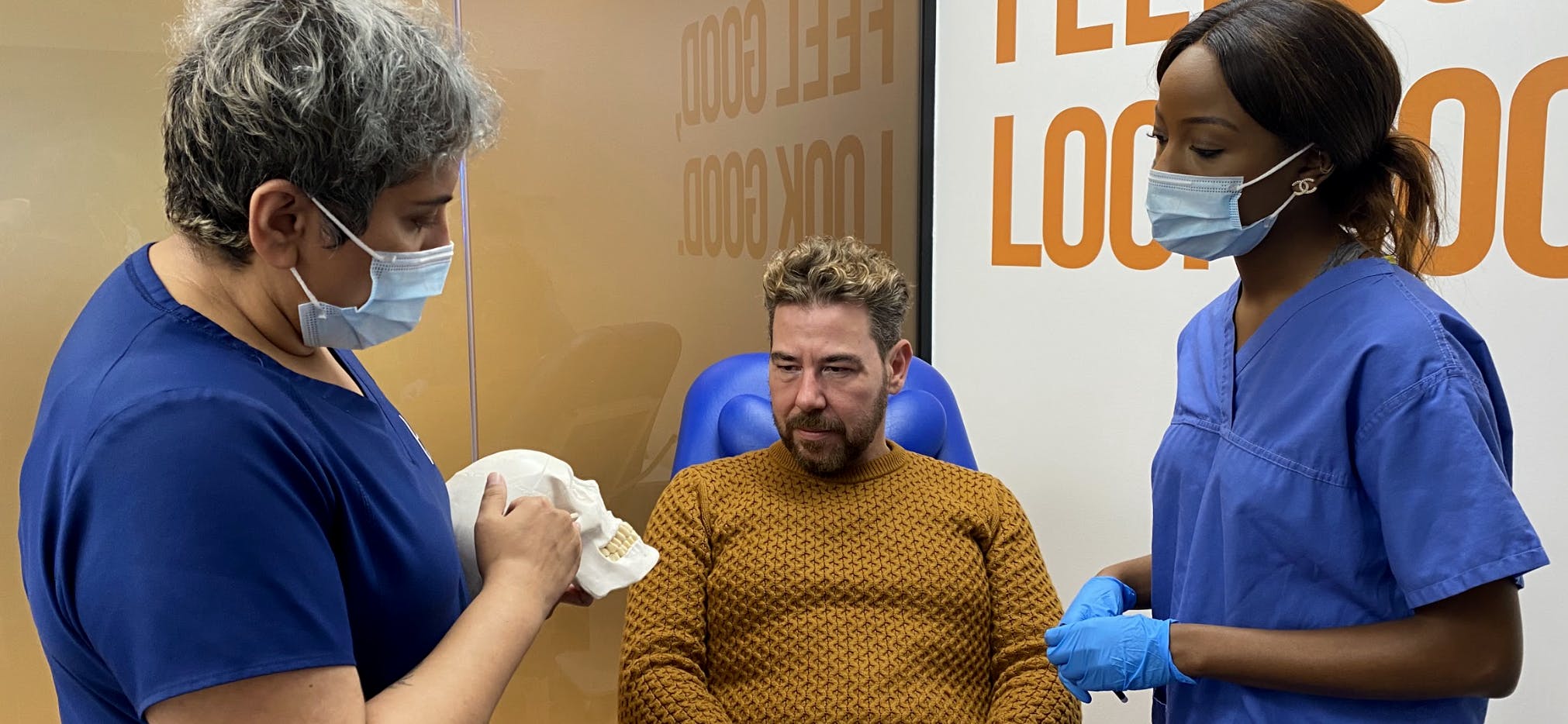
Underscores need for mandatory minimum standard of aesthetics education in the UK
Firstly, these findings clearly underscore the need for a mandatory minimum standard of aesthetics education. This should ensure all healthcare professionals wishing to practise medical aesthetics are on the same footing.
Then we have the non-medics issue… Given the number of lay individuals offering injectable treatments, it’s unlikely the government will ban them from doing so.
We would imagine that doing so would throw up issues such as restraint of trade, that they’d rather avoid. This may not be the case – we won’t know until the new regulatory framework has been announced. However, it’s an issue that’s been widely debated in anticipation of the aesthetics licensing scheme’s introduction.
Introducing a minimum standard of aesthetics education may be the way that this issue is tackled. We already know that the government will be implementing this as part of the forthcoming licensing scheme.
What we don’t yet know for certain is what the standard will be and how this will be applied to medics versus lay practitioners. For example, could the government decide that some treatments are ‘too invasive’ for non-medics to administer? Will non-medics have to do additional medical training in order to get their knowledge up before undertaking the mandatory aesthetics qualification? There are so many questions about this aspect but we won’t get answers until the Government’s official announcement, expected towards the end of August/beginning of September.
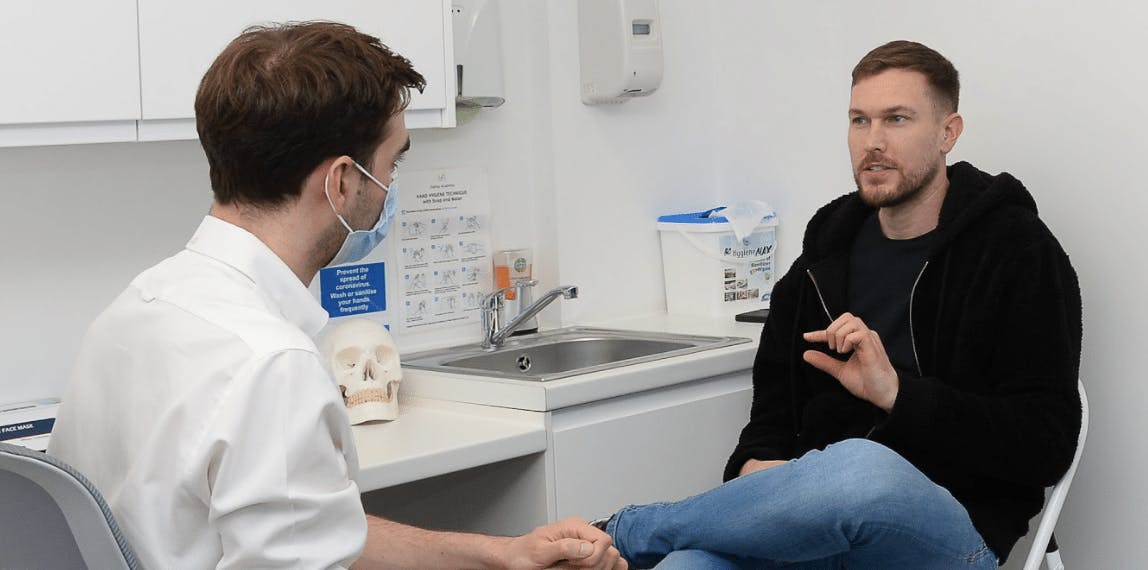
Offers an opportunity to medical aesthetics practitioners to stand out
Secondly, the numbers from this study should embolden properly trained, healthcare practitioners in aesthetic medicine.
Whether you’re a cosmetic doctor, dentist or nurse practitioner, your medical background and dedicated aesthetics training puts you head and shoulders above the competition. This means non-medics but also healthcare professionals who are not doctors, dentists or nurses. Those who work in healthcare but do not have the same relevant knowledge and skills you have spent years acquiring.
We say this a lot but there is no better way to market your services than by highlighting your qualifications.
Injectables patients should want to be treated by individuals who are knowledgeable, confident and well-trained practitioners. Injectors who put their safety and wellbeing first.
As a healthcare professional who has added to their wealth of medical skills and experience with targeted aesthetic medicine qualifications, you are desirable! Shout about your safety standards and patient care as much – if not more – than you talk about the treatments you offer!
This approach really is an easy and effective way to differentiate yourself from the competition. Educating patients as to what your qualifications are and why they matter can form a vital part of your marketing strategy.
Not only does it explain what they are getting by visiting you; it also explains your value. The value, in terms of knowledge, skill and experience, that patients may not even know to look for in a practitioner. It also answers the age old question… “Why are your treatment prices so much higher than my hairdresser charges?”!
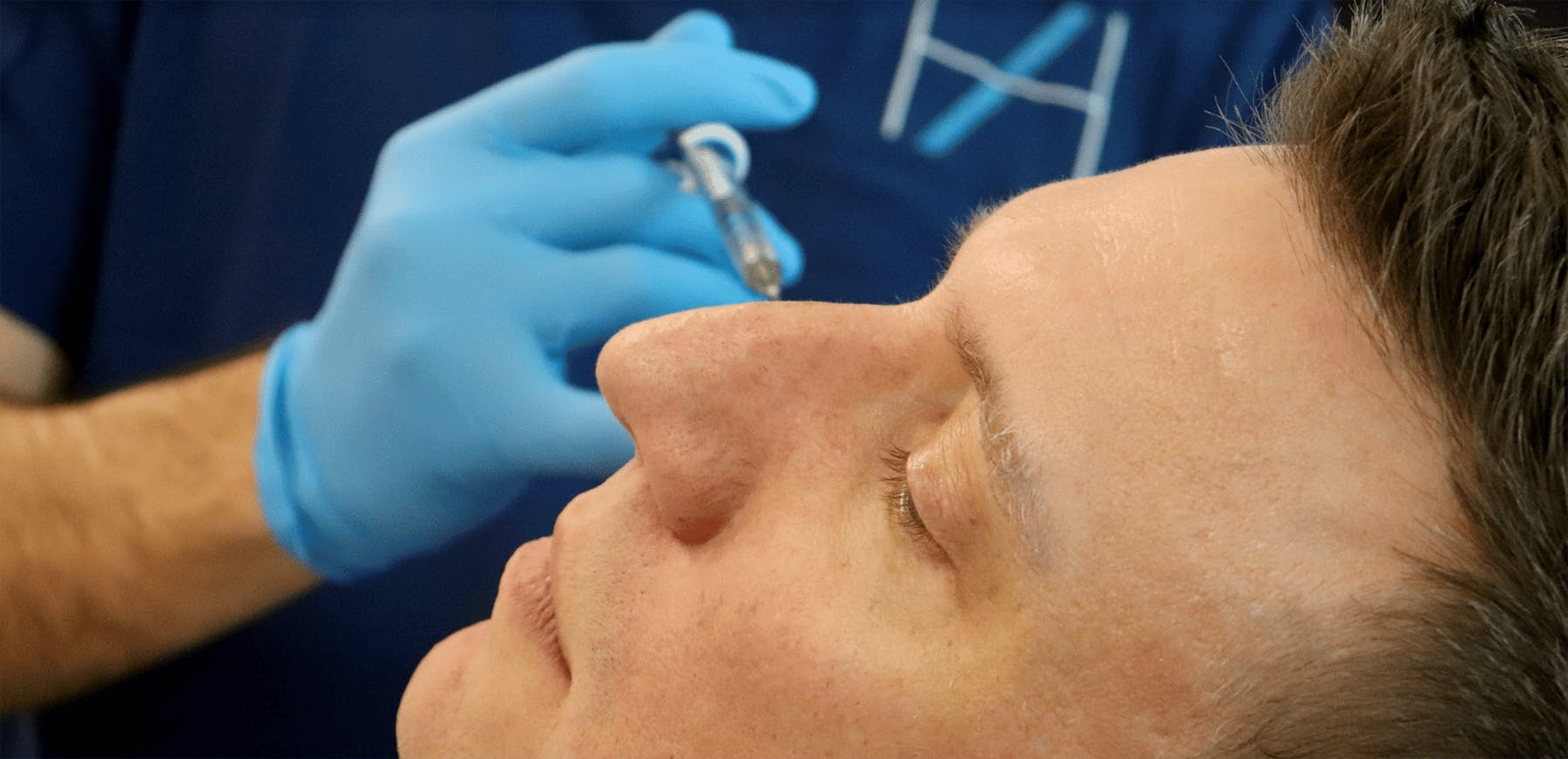
Joining additional professional registers
In addition to being registered with your professional regulator, such as the GMC or NMC, there are also voluntary registers for aesthetics practitioners.
Patients are becoming increasingly savvy and educated about where to find the best aesthetics practitioners in their area. No longer are they just looking at Google or Trustpilot reviews. They are aware of established practitioner registers, such as those offered by the JCCP and Save Face.
Getting listed with a voluntary aesthetics practitioner register provides an additional level of trust for patients. It also allows patients searching these registers to find you, making it a valuable safety indicator and marketing tool.
Each has its own set of requirements for joining. For example, Harley Academy’s Level 7 Diploma in Botox & Dermal Fillers trainees are able to join a special Trainees section of the JCCP’s register. This listing does not cost our students anything. It is offered in recognition of the high level of aesthetics training they receive.
Our graduates are also eligible to join the full JCCP Practitioner Register free of charge.
At Harley Academy we only accept doctors, dentists and nurses onto all of our medical aesthetics training courses. Despite a wealth of regular enquiries, do not train outside of this remit, eg. dental nurses, paramedics or non-medics.
We are awaiting the release of the aesthetics licensing scheme and the ensuing public consultation and will bring you the latest news as it happens.
All information correct at the time of publication.
Download our full prospectus
Browse all our injectables, dermal fillers and cosmetic dermatology courses in one document
By submitting this form, you agree to receive marketing about our products, events, promotions and exclusive content. Consent is not a condition of purchase, and no purchase is necessary. Message frequency varies. View our Privacy Policy and Terms & Conditions
Attend our FREE open evening
If you're not sure which course is right for you, let us help
Join us online or in-person at our free open evening to learn more
Our Partners














STAY INFORMED
Sign up to receive industry news, careers advice, special offers and information on Harley Academy courses and services

